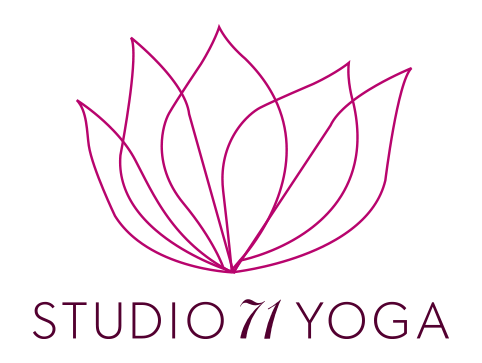As the adage goes, “April showers bring May flowers.”
With the snow gone and the rain washing away the winter dust from the streets and yards, it’s time to do some much-needed spring cleaning. While my husband takes care of the yard work, I’m starting to clean out the closets, drawers, outdated files, and memorabilia, mindfully letting go of anything I no longer need or cherish. I’ve embraced this process called döstädning (pronounced duo-stad-ning), welcoming it as a transformative journey. As I let go of physical clutter, my mind feels lighter and more able to appreciate the things that truly matter in my life.
Last spring, I introduced you to döstädning, which translates to “death cleaning” in English. I’m revisiting the topic today, prompted by a recent conversation with some dear friends.
This Swedish term, coined by Margareta Magnusson in her book “The Gentle Art of Swedish Death Cleaning,” is more than just decluttering and organizing. It’s about the emotional journey of aging, of communicating with loved ones about our wishes before we’re gone. Some refer to it as “downsizing for death,” but it’s really about downsizing for life.
Döstädning involves going through your possessions, sorting through them, and deciding what to keep, what to give away or donate, and what to throw away. It also involves communicating with your family about your wishes for your belongings.
It’s not as morbid as it sounds; it can be a refreshing and liberating experience. Think of it as a way to create space for new opportunities and experiences and to be more mindful of what you genuinely value and want to keep. It’s a practice that aligns with the principles of yoga, promoting self-awareness, self-love, and freedom from material trappings.
“Yoga is the art of learning to let go.”
To embark on your death-cleaning journey this spring, go through your possessions and ask yourself whether they bring you joy. Which ones can you let go of? Discard any item that no longer serves a purpose or brings you happiness. Consider donating, selling, or recycling items that are in good condition.
It’s also vital to think ahead and plan for what will happen to your belongings after you pass away. Create a will and assign specific items to family or friends. By doing this now, you can ensure that your loved ones aren’t burdened with sorting through your belongings during a difficult time.
Spring might also be the right time to consider Advance Care Planning. This process enables you to express your preferences for health care and treatment towards the end of your life. Through Advance Care Planning, you can have meaningful conversations with your loved ones and healthcare providers now, which can help you put plans in place well before you might need to make these difficult decisions.
This brings me to downsizing, a broader term for moving to a smaller living space, such as a smaller home or apartment. Downsizing can involve decluttering and organizing your belongings but is not necessarily focused on preparing for death. Downsizing may be done for practical reasons, such as to save money, simplify your life, or accommodate a change in your living situation. It can also involve döstädning, getting rid of items you no longer need or use, selling or donating belongings, and deciding what to keep and let go of, especially as you move into the third chapter of your life.
Spring is the perfect season to declutter your physical space and your mind. Through the lens of yoga, take the time to reflect on your goals and priorities and let go of anything that no longer aligns with them. This mental decluttering can help you focus on what truly matters.
Happy decluttering and organizing, and enjoy the spring flowers.
With joy and gratitude,
Jeannine


